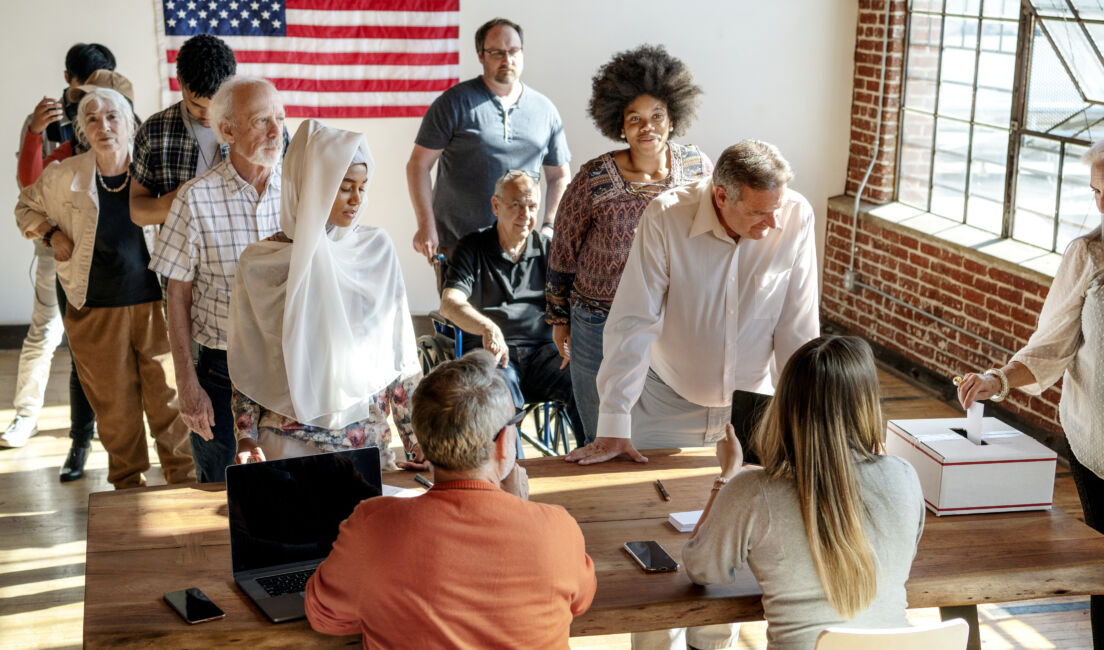Knowledge, shortcuts, and 5 links worth your time
The laws of physics and the laws of Georgia

Have you read Georgia’s new voting law?
Me neither. Reading 98 pages of a law that governs a state where I don’t live ranks very low on the list of the things I’m likely to do. Even if I lived in Georgia, history suggests I wouldn’t read it, since I’ve never read through any of the laws in my state.
No one I know has read the whole law, but that hasn’t stopped any of us from having opinions about it.
What do you know?
You’ll never catch me sharing my thoughts about the laws of thermodynamics. Physics is something I actually did study, though Mr. Thiessen, my high school physics teacher, would tell you this was time not particularly well spent.
I haven’t studied Georgia’s state laws, though. So why do I (and my friends and family and maybe even some people you know who also haven’t read the new law) feel qualified and obliged to give our opinions on this subject?
Our current podcast guest, Professor Rishi Joshi, argues that you have a duty to speak your mind. Is that true on all matters (like 98-page laws you haven’t read)?
Prioritizing your time
I could get better at physics, but I probably won’t because the amount of time I’m willing to spend learning about it is directly related to my interest in it. When it comes to voting reform, though, lots of people I know want to discuss it, and it is very easy to get quick takes on Georgia’s law in my newsfeed, on the radio, or from others I trust.
It’s not irresponsible to rely on others to help us understand important subjects. In that way, physics and democracy are similar: instead of spending hours and hours going back to school to learn physics or reading 98-page laws, we take shortcuts. In the case of physics, the next time I need to understand something about it, I’ll probably go to YouTube. In the case of Georgia’s voting laws, maybe I’ll read The Wall Street Journal or The New York Times.
Be careful of the shortcut
But I should never forget I am taking a shortcut, and when we take shortcuts, we miss out on some of the scenery. What does Georgia’s new law require from voters? Are all voters equally capable of meeting those requirements? When it comes to how businesses react to the new law, do I know enough about why they’ve done what they’ve done to be confident passing judgment on their actions?
We don’t need to read all 98 pages of Georgia’s new law in order to talk about it, but if we take shortcuts to our understanding of it, we should also pack a healthy supply of humility for the trip. This week, our five links offer a diverse set of opinions on this subject, and I hope you’ll find them useful for those conversations about voting reform.
5 links worth your time
- What’s in that very talked about new Georgia voting law, anyways?
- What Georgia’s new voting law really does.
- A roundtable on Georgia’s voting laws and MLB boycotts, Biden’s infrastructure plan, and COVID-19 vaccine passports.
- Some states make you get a voter ID, but this is hard for many older voters.
- Many politically engaged consumers push companies to take sides in political debates, so it is no surprise that corporate America is weighing in on Georgia’s voting law.
Photo by rawpixel.com on Adobe Stock